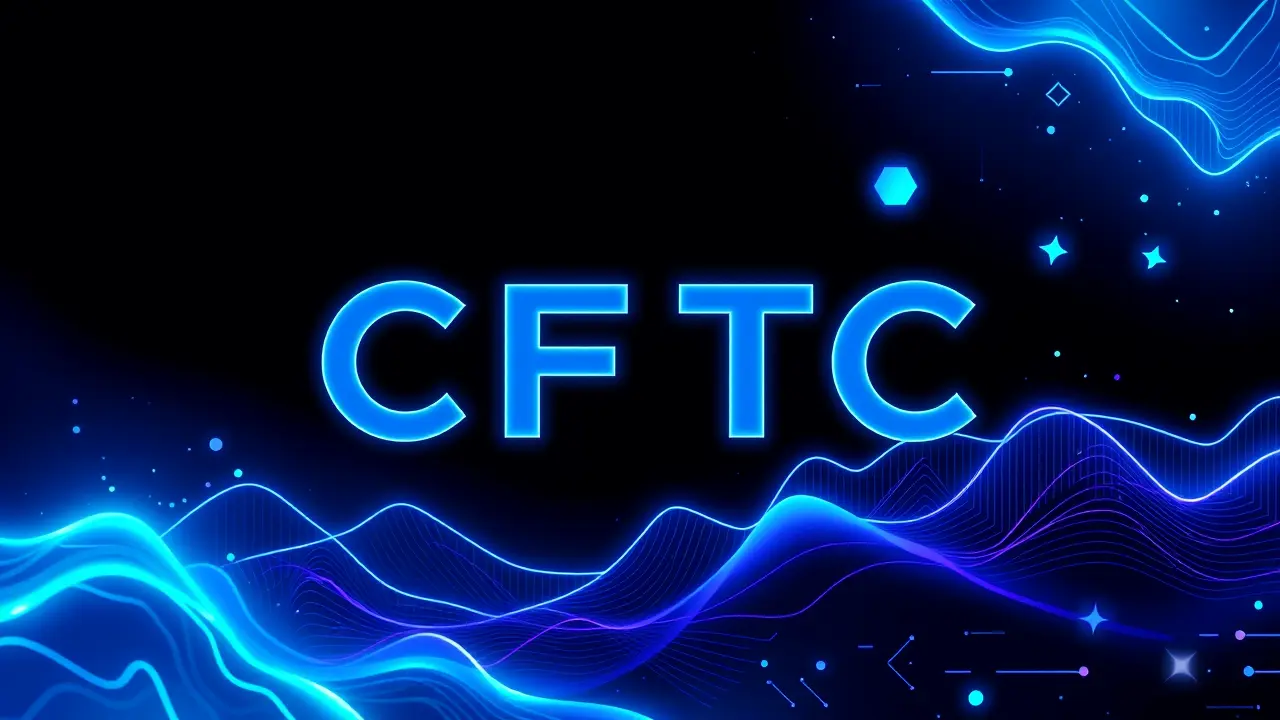
CryptoregulationLicensing and Exchanges
Brazil extends financial sector regulations to crypto service providers
CH
Chloe Evans
5 hours ago7 min read2 comments
In a landmark move that signals the inexorable merging of traditional finance and the digital asset frontier, Brazil's central bank has formally extended its regulatory umbrella to encompass virtual asset service providers, mandating that these crypto entities must now obtain official authorization to operate. This isn't just another bureaucratic footnote; it's a seismic shift for Latin America's largest economy, representing a decisive step toward legitimizing an industry that has long operated in a regulatory gray area.The new rules effectively treat crypto service providers—exchanges, custody wallets, and trading platforms—with the same scrutiny as traditional payment institutions, forcing them to comply with stringent anti-money laundering (AML) and counter-financing of terrorism (CFT) protocols that have long been the bedrock of the TradFi world. For a country that has seen its citizens flock to cryptocurrencies as both a hedge against historical inflation and a tool for financial inclusion, this regulatory clarity is a double-edged sword.On one hand, it offers a layer of consumer protection that has been desperately needed, potentially shielding inexperienced investors from the rampant fraud and catastrophic collapses that have plagued the sector, from the FTX debacle to countless lesser-known rug pulls. It provides a clear framework for serious players to build upon, potentially attracting institutional capital and fostering innovation in a more stable environment.On the other hand, purists will decry this as the very 'centralization' that cryptocurrencies like Bitcoin were created to circumvent, arguing that asking permission from a central authority fundamentally contradicts the ethos of a decentralized, trustless financial system. The Brazilian real, or BRL, is one of the most heavily traded fiat currencies against bitcoin globally, underscoring the nation's deep engagement with this asset class.This regulatory move can be seen as a direct response to that massive adoption, an attempt to curb illicit cross-border flows and tax evasion while simultaneously preparing the national infrastructure for a future where digital assets are seamlessly integrated. Look at the global context: the European Union with its MiCA framework, Hong Kong's evolving licensing regime, and even the tentative steps in the United States all point toward a world where crypto is not banned but tamed and taxed.Brazil is now positioning itself as a regional leader in this new financial order. The practical implications are vast.Existing Brazilian exchanges like Mercado Bitcoin will now have to navigate a formal application process, likely involving detailed business plans, proof of robust security measures, and transparent ownership structures. This will inevitably consolidate the market, weeding out fly-by-night operations and leaving a handful of well-capitalized, compliant giants.For the average Brazilian, sending crypto to a friend or buying a fraction of Ethereum will feel more like a regulated banking transaction than a wild west gamble. The long-term play here is likely deeper than consumer protection; it's about control and visibility.By bringing these entities into the fold, the central bank gains a crucial window into capital flows, enabling more effective monetary policy and economic planning. However, the success of this initiative hinges on execution.An overly burdensome regulatory framework could stifle the very innovation it seeks to harness, pushing development underground or to more lenient jurisdictions. The true test will be whether Brazil can strike that delicate balance—fostering a safe and vibrant digital asset ecosystem without crushing the disruptive potential that makes it so compelling in the first place. This is more than a new rule; it's the end of the beginning for crypto in Brazil.
#featured
#Brazil
#central bank
#crypto regulation
#licensing
#virtual asset service providers
#financial rules
Stay Informed. Act Smarter.
Get weekly highlights, major headlines, and expert insights — then put your knowledge to work in our live prediction markets.
Related News
© 2025 Outpoll Service LTD. All rights reserved.













